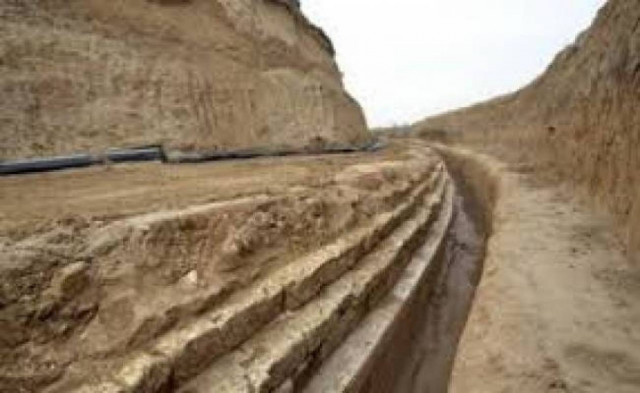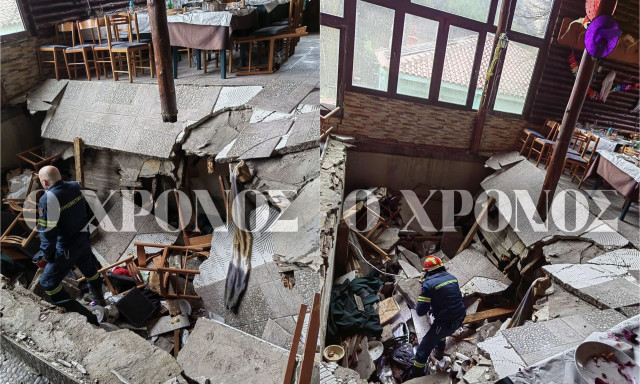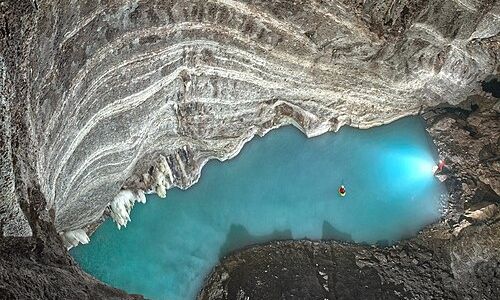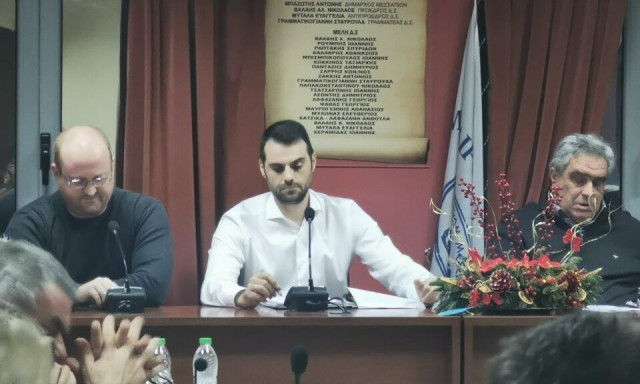The secret of Ancient Amphipolis excites residents of the region
The secret hidden in the Sphinx of Ancient Amphipolis is the target of archaeologists, while the residents of the small village of Serres, Mesolakias, are molding their own unique stories, surpassing even the Theban King, Oedipus.

In the small café of the village, movement is lasting and strong, after yesterday's visit of Prime Minister Antonis Samaras, as the latest archaeological discoveries are now the most important issue for the three hundred residents. More people arrive daily from various parts of northern Greece, who are trying to learn more about the great secret. A hill first touched by the archaeological excavations before fifty years of the archaeologist Dimitris Lazaridis. Luck wasn't on his side, as the archaeological revelations brought to light didn't generate interest, in contrast to the developments of recent days. His former close collaborator and now head of the Agency of Prehistoric and Classical Antiquities, Katerina Peristeri, from 2012 continued the excavations on the hill Kastas following a completely different path, as she chose to start around the bottom of the hill.
The great archaeological discovery that has emerged so far has the residents feeling completely vindicated. They talk about the rumors from generation to generation for a large treasure hidden in their area and often cause looters looking into the depths of archaeological treasures, illegally digging pits and many times leaving with monetary treasures of antiquity. Mesolakia currently employs the world opinion, though it's a small village, with peaceful inhabitants engaged in farming and especially in agriculture. A farmer who cultivates almond in a near field admitted that he can't believe the major archaeological discovery. But it doesn't affect his daily life, as with his tractor passes every day, next to the allowed limits of the hill. "I saw the statues from afar, they're amazing, they must weigh more than 1.5 tons each" he said to the Athens News Agency.
Most residents assess similarly the archaeological discovery and to give their own interpretations by meeting at the unique folk cafe in the village square, under the shade of trees. "If it's like they say, will save the whole area, the whole prefecture of Serres, Macedonia and Greece" said to Athens News Agency the president of the local community, Athanasios Zournatzis. Going back in history, several hundred years ago, Mesolakia, was a commercial hub, where the so-called "Nine Streets" connected the entire massif with the mouth of the river Strymon used by the kings of the time as a passage to sea. The ancient port of Amphipolis, with the ancient lake Cercinitis that reached, according to historians, today's Heraclea Serres, north of the county, was known in the region, with Alexander the Great start his great campaign to conquer Asia.
The Pangaion area is now known mainly in Greece, for the great archaeological discoveries, principally of Amphipolis, while the religious tourism of the region, with its Byzantine churches and monasteries, is its most important aspect. "If Alexander the Great or his relatives are buried there, then the whole region of Serres will become a tourist attraction for people around the world. The traffic will increase, while the area will get infrastructure" said to Athens News Agency the president of the Commercial Association of Serres, Giannis Balitis.
























